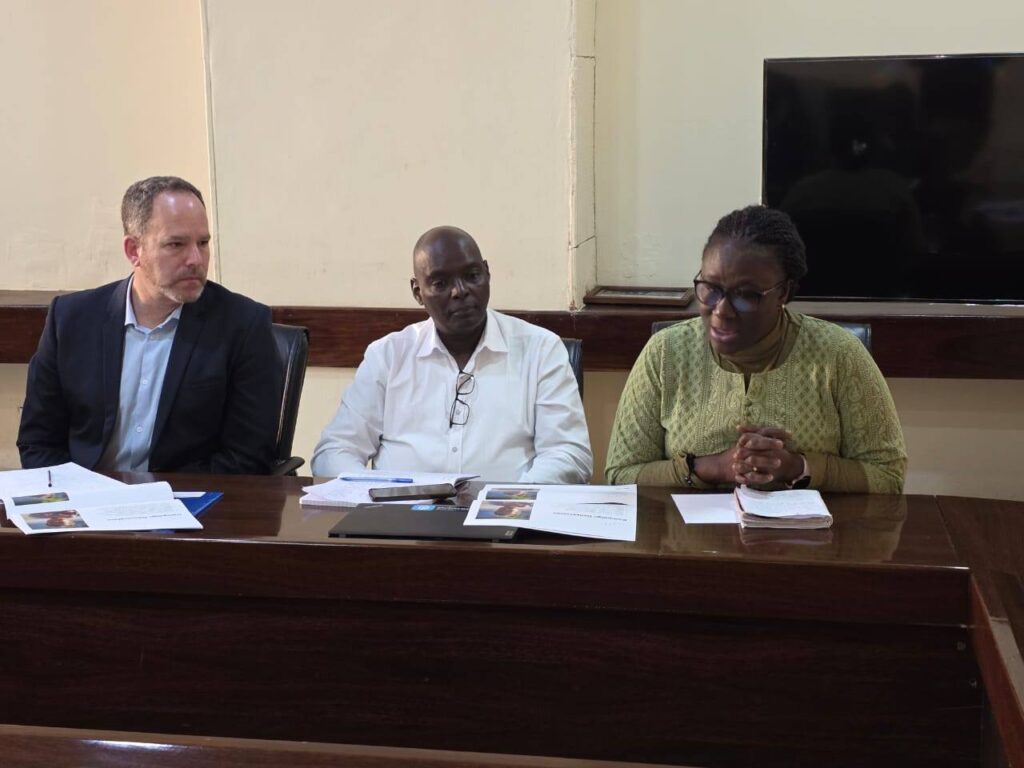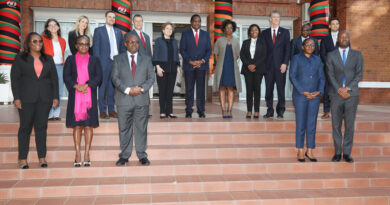MCDSS, UNICEF Partner to Drive Social Behaviour Change for Child Protection in Zambia
The Ministry of Community Development and Social Services (MCDSS) held a high-level meeting with UNICEF and Roth Communications to strategize on strengthening Social Behaviour Change (SBC) initiatives aimed at safeguarding children’s rights and welfare in Zambia.
Speaking during the courtesy meeting, Permanent Secretary Angela Kawandami, in a speech delivered on her behalf by Director of Planning and Information, Mr. Patrick Choolwe, stressed the urgency of tackling harmful social and cultural norms that perpetuate child marriages, violence, and neglect.
“Many of the challenges affecting children are rooted in harmful cultural beliefs and practices. Through strategic collaboration, we can reshape these narratives to protect and empower our children,” she said.
The SBC campaign, led by Roth Communications and supported by UNICEF, will use a standardized, multimedia communication approach to address issues such as birth registration, violence prevention, child protection laws awareness, including the Children’s Code and the Marriage Amendment Act, and the elimination of early marriages.
Ms. Kawandami expressed optimism that improved messaging would lead to better community engagement and increased uptake of child protection messages.
UNICEF Child Protection Officer, Ms. Emelia Allan, praised the Zambian government for its continued commitment to child protection and welcomed the structured communication approach being developed under the partnership.
“There is great potential in this campaign to bring consistency and professionalism to child protection messaging,” she said. “Roth Communications’ expertise will be key to making these messages more impactful.”
Roth Communications Team Lead, Mr. Stuart Rothgiesser, assured stakeholders that the new communication tools are designed to be relevant for at least five years, with a focus on accessibility and inclusivity.
“We are creating materials that are standardized, easy to understand, and adaptable to Zambia’s evolving needs,” he noted. “Our messaging will overcome technological and social barriers, ensuring it reaches even the most remote communities.”



